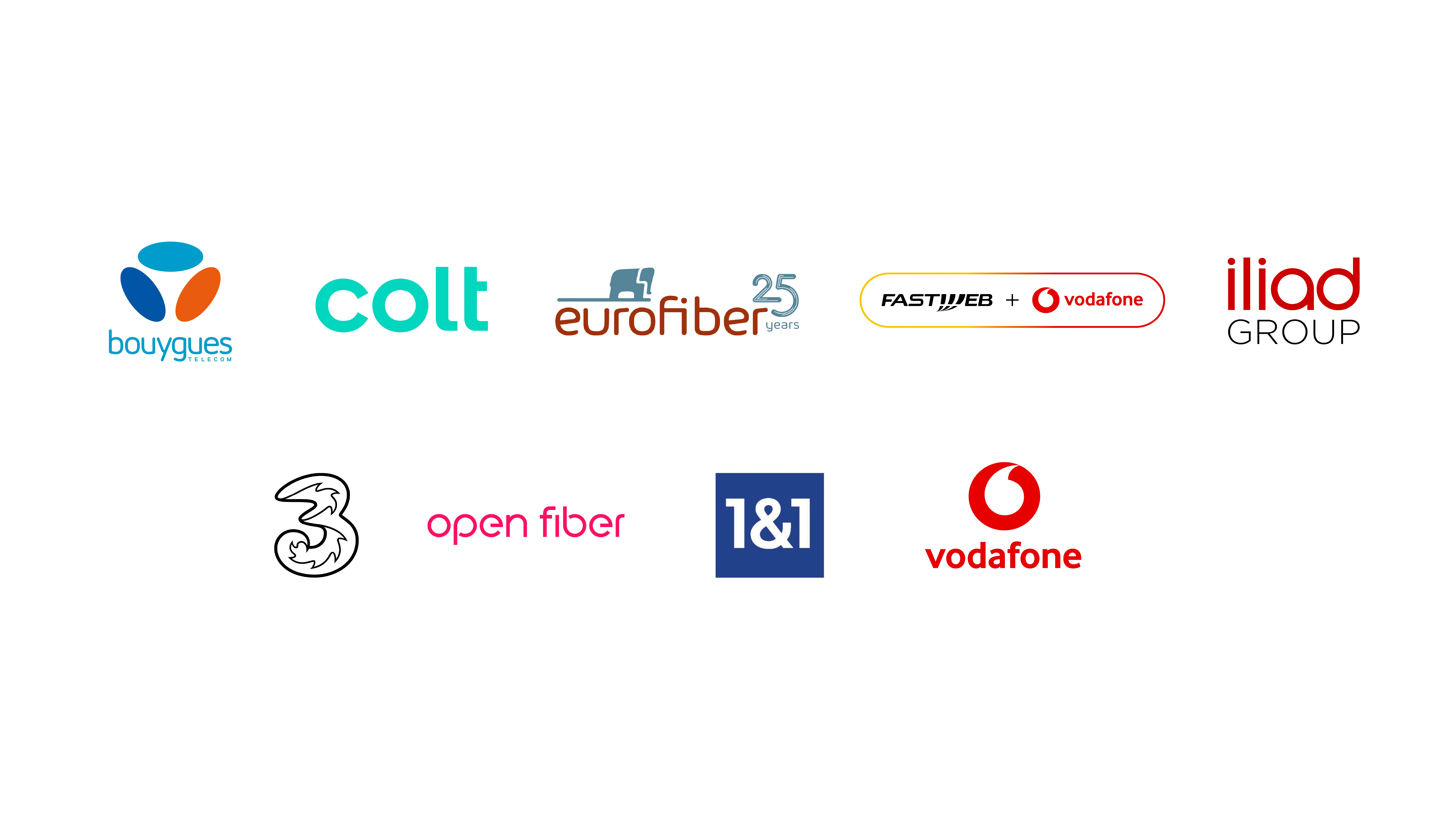Regulatory certainty needed to drive investment in connectivity
For decades, European consumers and businesses have benefitted from choice, value and innovation in fixed broadband infrastructure, underpinned by a predictable and established regulatory framework that has lowered barriers to entry.
European regulation sought to strike a balance between competition and incentivising the long-term investment required to build and run high-quality, gigabit fixed fibre connectivity.
In contrast to mobile, fixed access including ducts and poles remains a de facto natural monopoly across much of the EU and is impossible to fully replicate.
To serve European businesses and enterprises, operators must also offer connectivity at a variety of urban and rural sites. Given that only incumbent operators have nationwide coverage, wholesale access remains key.
It is therefore alarming that the European Commission is now proposing to relax regulation on former fixed monopolies.
We believe that the Commission’s proposals are a backwards step. Deregulation of wholesale access would lead to re-monopolisation and stifle competition and investment in fixed connectivity services, particularly during the migration from copper to fibre.
This approach contrasts starkly with the principles of competition as a driver for investment that the Commission has rightly championed for decades. And it would entrench dominance, notably in underserved areas, imperilling the pace of full fibre infrastructure rollout and gigabit-capable services for millions of Europeans.
It would therefore be both premature and significantly undermine regulatory certainty if Europe departs from the well-established ex-ante model or removes all markets from the Recommendation on Relevant Markets (RRM).
This would result in a less competitive investment case for fixed telecoms in Europe, stranding billions of euros committed by the private sector and reducing investor sentiment.
The current Commission’s proposals would further suppress future take up of services by consumers and businesses, inhibit network innovation, and make it more challenging for Europe to achieve its Digital Decade 2030 targets.
Instead, we urge the Commission to enshrine a predictable framework for fixed infrastructure based on the following principles:
Preserve the ex-ante model to spur competition and investment in the sector and increase consumer choice and take-up. Ex-ante regulation remains essential for wholesale local access (market one) and wholesale dedicated capacity for business connectivity (market two) - including dark fibre access. Symmetric obligations under the Gigabit Infrastructure Act are not a substitute for targeted remedies aimed at taming excessive market power such as access to passive fibre services, especially in areas where infrastructure competition is unlikely to emerge.
Ensure access to physical infrastructure, including ducts and poles. In many EU member states, this infrastructure is still largely controlled by a single operator, creating a de facto monopoly.
Complete the Digital Networks Act before considering changes to the RRM framework. The EU’s connectivity strategy in the Digital Networks Act should be implemented and its impact fully assessed before the Commission should consider changes to the RRM framework. The Commission must adequately consider that national regulators still find a need to regulate markets one and two. Of the 27 EU NRAs, 23 currently regulate market one and 15 regulate market two.
Long-term investment in fibre networks depends on regulatory certainty. But Europe’s Digital Decade 2030 ambitions can only be achieved if the Commission adopts a balanced, evidence-based approach to regulation of the fixed telecoms market.
Without this, Europe’s digital future will continue to falter as global competitors race ahead, leading to weak productivity growth, stagnant living standards and a less secure continent.
We therefore call on the Commission to work closely with industry and national regulators to ensure that the regulatory framework continues to support both investment and competition for all players.
The undersigned companies collectively operate networks across all 27 Member States of the European Union, serving around 240 million customers.
Edward Bouygues, Chairman, Bouygues Telecom
Keri Gilder, CEO, Colt Technology Services
Alex Goldblum, CEO, Eurofiber
Walter Renna, CEO, Fastweb+Vodafone (Italy)
Thomas Reynaud, CEO, iliad Group
Giuseppe Gola, CEO, Open Fiber
Robert Finnegan, CKHH-HWEL Deputy Chairman, CK Hutchison Group Telecom (Three Group)
Ralph Dommermuth, CEO, 1&1 AG
Margherita Della Valle, CEO, Vodafone Group Plc

























